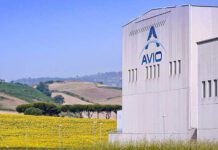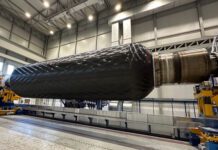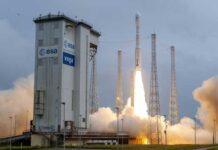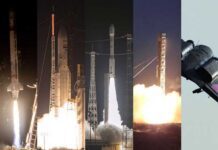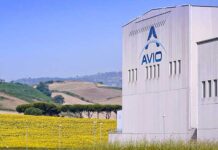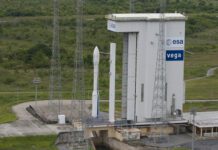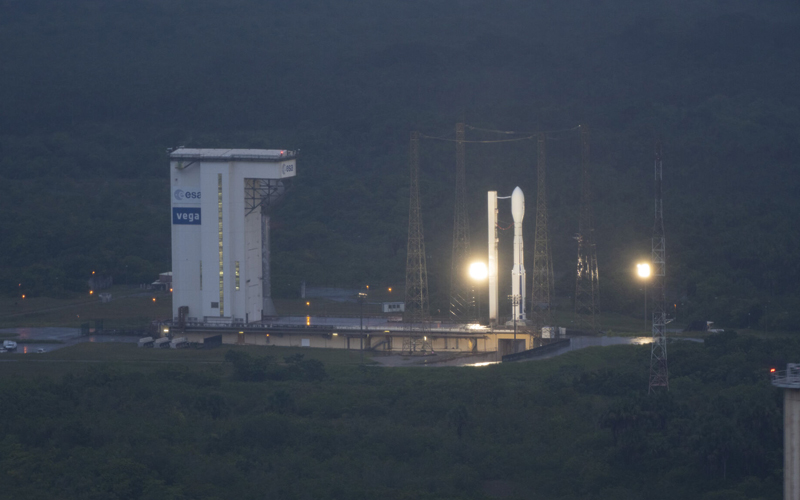
It has been a dark week for European spaceflight with the failure of the first operational flight of Vega C. This darkness has been exasperated by an oversimplification of the facts and ill-informed calls to summarily cancel the Vega programme.
Much of the critique has centered around the fact that Vega has now suffered three failures since 2019. This is, however, misleading. Vega and Vega C may share a few common components, but they are essentially completely different vehicles. The stage that failed on Wednesday was not an element of Vega and prior to the flawless maiden flight had been tested twice on the ground.
Within its first 30 flights, Falcon 9 had suffered one partial failure and two failures with one flight failing to even make it to a countdown. The mighty Delta IV Heavy suffered a partial failure on its first flight. The first two flights of Ariane 5 ended in a failure and a partial failure. Even Ariane 4 failed once within its first ten flights. All these vehicles went on to be some of the most reliable in the history of spaceflight only eclipsed by the flawless flight history of the Atlas V. Why is it then that Vega C is immediately written off after just its second flight?
Conflating the flight history of Vega with its successor Vega C doesn’t make sense. If it had been the Zefiro 9 third stage that had failed, which is the only major legacy component making the jump from Vega to Vega C, that would be one thing. It wasn’t, though.
Out of options
Competition breeds innovation, and it would be great if a commercial operator was getting ready to compete with Vega C that is, however, just not the case.
The Rocket Factory Augsburg RFA ONE and the Isar Aerospace Spectrum are the only two launch vehicles being developed in Europe with a one-tonne and above capability. The RFA ONE is the more powerful of the two with a payload capacity of 1,350 kg to low Earth orbit. This is a far cry from the 2,200 kg payload capacity of Vega C and that’s before the P120C+ upgrade that will make the vehicle even more capable.
RFA is also working on the RFA ONE MAX which adds an extra ring of engines to the first stage. This vehicle may well be capable of carrying two-tonnes to low Earth orbit however, it is still just a concept and is years away from a maiden flight.
Even if one of the vehicles being developed by European launch startups was capable of picking up some of the slack left behind by a benched Vega C, they won’t be operational for at least another year.
Both RFA and Isar are targeting late 2023 for the maiden flight of their respective vehicles. This timeline, however, relies on some fairly optimistic (read unrealistic) development goals. In reality, a mid to late 2024 maiden flight with operational flights starting in late 2024 to early 2025 is more realistic but still not a foregone conclusion.
Ill-advised comments
I have been critical of the expenditure and timeline slips of institutionally-developed launch vehicles like Vega C and Ariane 6. However, these critiques do not mean that I do not think they are necessary if not vital to European access to space or that they will not develop into reliable and highly capable launch vehicles. It is for this reason that recent comments from individuals like Isar Aerospace chief Daniel Metzler have disappointed me.
On Wednesday following the announcement of the Vega C failure, Metzler tweeted that “government money can‘t buy reliability. Very sorry for your loss @AirbusSpace.” This outlook is so antithetical to the ethos that is so cherished within the spaceflight community. When there’s a failure the community always commiserates and empathizes with those affected because they know that it could just as easily have been them.
In contrast to Metzler, Avio CEO Giulio Ranzo was a credit to both Avio and Europe during a post-incident press conference late Wednesday. Ranzo did not attempt to obfuscate or shirk responsibility. In the short time that he spoke, he stated unequivocally and with conviction that he and Avio were taking full responsibility for this failure. Here’s hoping that the Isar boss will never be put to the same test of character.

